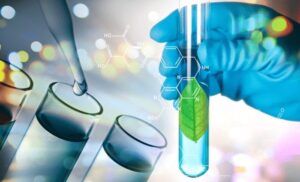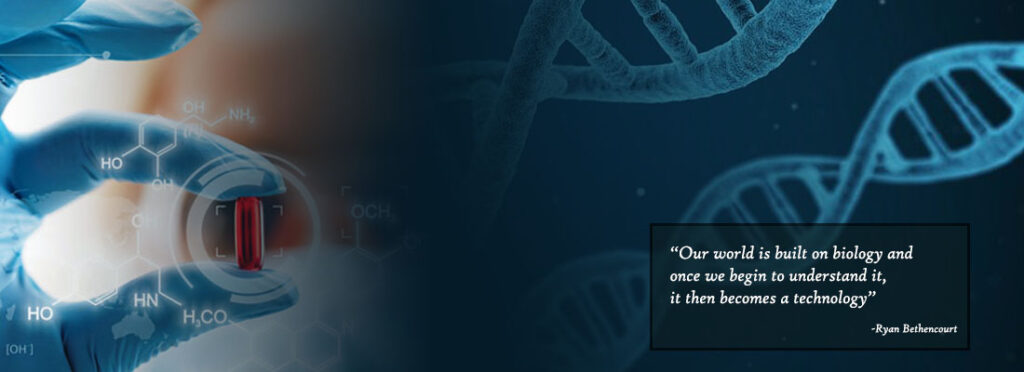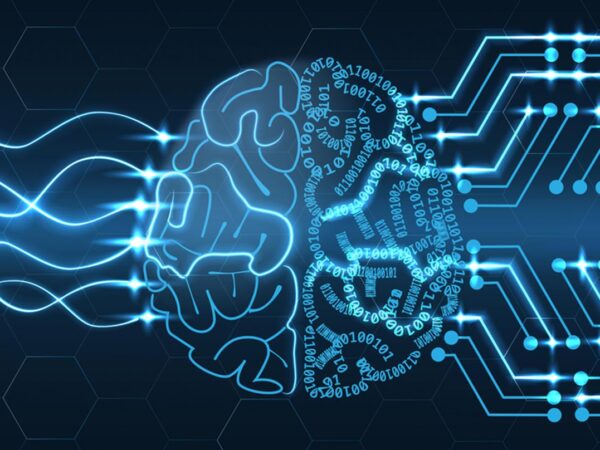
At its simplest, biotechnology is the technology based on biology – biotechnology harnesses cellular and biomolecular processes to develop technologies and products that help improve our lives and the health of our planet.
Biotechnology is the technology that utilises biological systems, living organisms or parts of this to develop or create different products.
Brewing and baking bread are examples of processes that are devised from biotechnology those traditional concepts advanced to more modern forms and complex advancement, such as modifications in biological system or organism. With the development of genetic engineering in the 1970s, research in biotechnology developed rapidly due to the endless findings and research in genetic material (DNA).
Today, biotechnology covers many different disciplines. New technologies and products are developed every year within the areas of medicine, agriculture, and industrial biotechnology.
Modern biotechnology provides breakthrough products and technologies to combat debilitating and rare diseases, reduce our environmental footprint, feed the hungry, use cleaner energy, and have safer, cleaner, and more efficient industrial manufacturing processes.
Biotechnology remains one of the most fundamentally contested subjects throughout our time as it tangles the concept of natural creation with the ethically questionable human modification in natural order. There are a handful of theories and scientific concepts of how life came to be; there are none; however, on the eligibility of scientific development to manipulate natural creation. This begs the question: should mankind manipulate natural creation to satisfy their own agenda? If so, what are the legal grounds that need to be covered, ethical concepts that need to be investigated, and laws that must be drafted to facilitate the drive towards further advancement.
Biotechnology as a topic remains one of the most prominent and interdisciplinary subjects of the twenty-first century with very finite resources.



